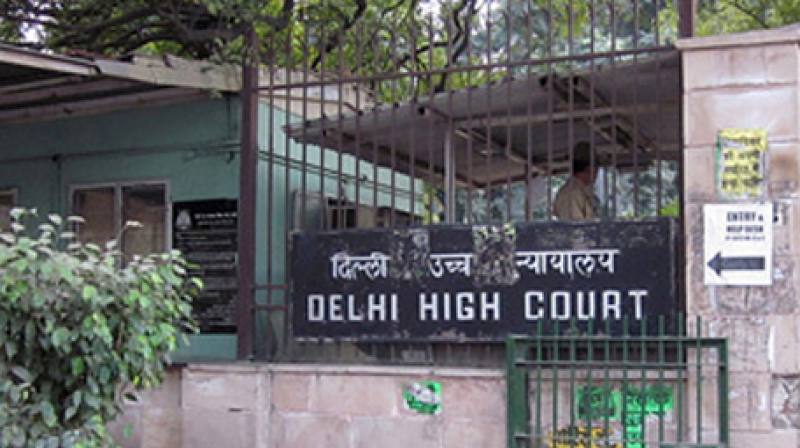
Law student fined ₹20,000 for challenging Centre's unlock decision
The Delhi High Court on Friday (June 12) directed a petitioner to pay a fine of ₹20,000 for challenging the Centre’s decision to open the nationwide lockdown from June 1.

The Delhi High Court on Friday (June 12) directed a petitioner to pay a fine of ₹20,000 for challenging the Centre’s decision to open the nationwide lockdown from June 1.
The court said that the decision of re-opening had been ordered in a phased manner and was not taken in a hurry.
The high court said the reopening was done to ensure a proper balance between containing the spread of the infectious COVID-19 disease and ensuring that people were not forced to starve.
In a bid to save livelihoods and kick start the economic activities brought to a halt for more than two months due to the coronavirus pandemic, the Centre announced to ease the lockdown in four phases.
Related news: What Unlock 1 means for Delhi’s daily wagers: Burnt ‘khichdi,’ joblessness
While dismissing a PIL filed by a law student, challenging the Centre’s May 30 order of extending the lockdown only in containment zones while relaxing it in green and orange zones in a staggered manner, the court imposed a ₹20,000 penalty on him.
A bench of Justices Hima Kohli and Subramanium Prasad said the government is expected to remain cognizant of the situation and evaluate it closely.
They also said that the curbs can be imposed again depending on the rise in the number of coronavirus cases in the country after holding a review meeting.
The petition had sought imposition of a lockdown stating that during Lockdown 1.0, the doubling rate of COVID-19 cases was low. The plea said, “The spread of the virus has severely spiked, resulting in a sharp rise in the number of daily cases due to the re-opening of movement of people and economic activities in the country.”


